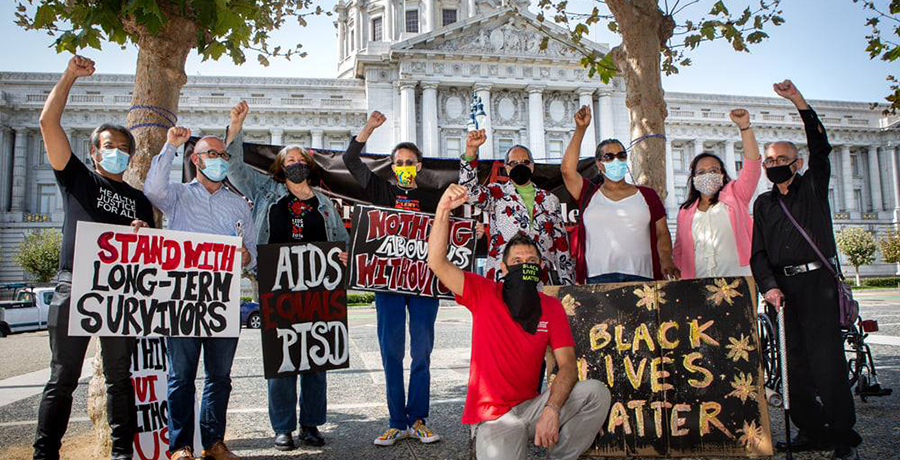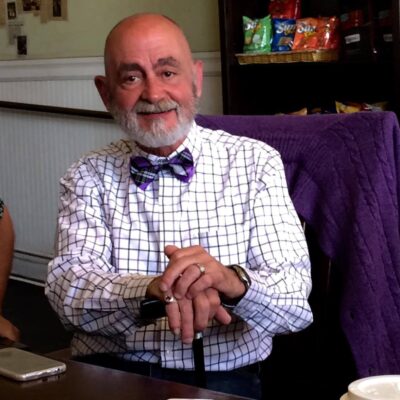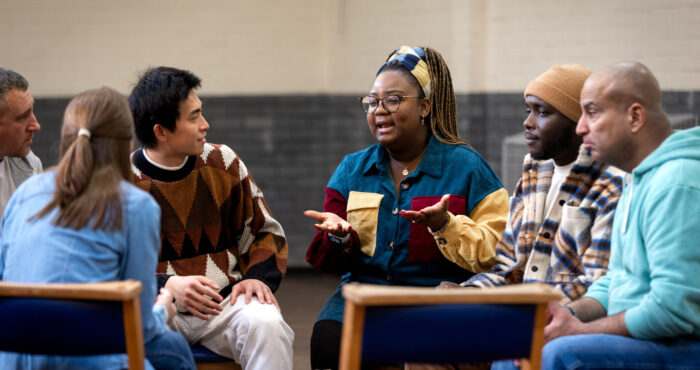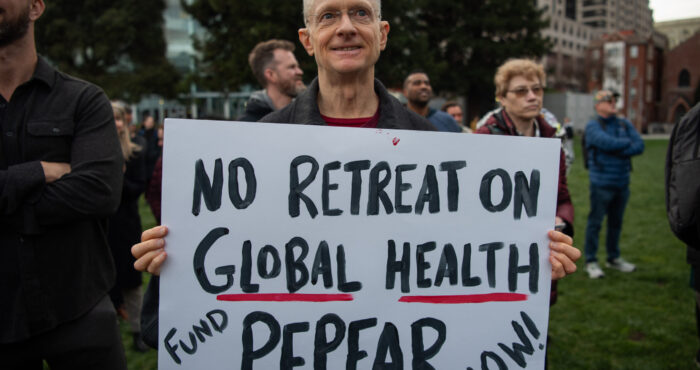Celebrating HIV Long-Term Survivors Awareness Day 2023

On June 5, 1981, the U.S. Centers for Disease Control (CDC) published an article in Morbidity and Mortality Weekly Report (MMWR) entitled “Pneumocystis Pneumonia – Los Angeles,” detailing cases of a rare lung infection, Pneumocystis carinii pneumonia (PCP), found in five young, otherwise healthy gay men in Los Angeles. On the same day that the MMWR published this report, New York dermatologist Dr. Alvin Friedman-Kien reported to the CDC a cluster of cases of a rare and unusually aggressive cancer, Kaposi’s sarcoma (KS), among young gay men in New York and California. Thus, June 5, 1981, is acknowledged as the date of the very first reports of the disease that would become known as Acquired Immunodeficiency Syndrome — AIDS.
Since then, more than 700,000 Americans have died of AIDS-related causes, joining the more than 40 million people worldwide who have succumbed to the effects of the disease. That death toll continues worldwide with tens of thousands of people dying from AIDS-related sources each year.
Despite the misconception that “AIDS wiped out an entire generation of gay men” during the ’80s and ’90s, the truth is that hundreds of thousands of us miraculously survived our HIV and AIDS diagnoses and continue to live challenging but fruitful lives. (And not all who died or survived were gay men.) Established in 2014, HIV Long-Term Survivors Awareness Day (HLTSAD) is observed on June 5, the date of those first, fateful reports. Unlike World AIDS Day (December 1), which somberly memorializes those lost to this horrifying disease, HLTSAD honors and celebrates the strength and resilience of those of us who have survived it.
For several decades, we long-term survivors of HIV and AIDS lived in the shadows, forgotten or ignored by the medical profession, isolated and lonely after losing so many friends and lovers to AIDS, paralyzed with PTSD from all those losses, ostracized by the world at large, and sometimes shunned even in our own communities. Over the years, hundreds of millions of dollars in public and private resources have poured freely into efforts to stop the spread of the virus and to put medications into the bodies of those who contracted it — worthy goals, of course. But little or no attention was given to those of us who served as uncompensated guinea pigs to test those medications.
Even here in San Francisco, where some 70% of the people living with HIV are over the age of fifty, with most of us members of “the AIDS Generation,” diagnosed before the advent of the “cocktail” of antiretroviral treatment, we survivors were left to battle the effects of aging with HIV in isolation. Although San Francisco is rightly hailed for setting the global standard for compassionate care of AIDS patients, for decades that compassion eluded those of us who have lived with HIV and AIDS for thirty, thirty-five, forty years or more.
But in recent years, that began to change. Thanks to the visionary work of long-term HIV survivors across the country, including San Franciscans Vince Crisostomo, the Director of Aging Services at San Francisco AIDS Foundation who spearheaded the Elizabeth Taylor 50-Plus Network; Gregg Cassin at the Shanti Project, who created Honoring Our Experience; Tez Anderson, who coined the term “AIDS Survivor Syndrome” and founded Let’s Kick A.S.S.; and countless others, we survivors have emerged from the shadows of neglect. We have come to realize that we comprise a large, definable cohort of people who not only survived the worst, deadliest pandemic of the last one hundred years, but came through it fiercely radicalized and equipped with the knowledge and strategies for thriving.
After all, everything we know about HIV and AIDS has been learned on the backs of us long-term survivors. As survivors, activists, advocates, and friends, we have come together to utilize that knowledge as we combat the many effects of living for decades with this debilitating virus, many of them exacerbated by the antiretroviral medications we have taken for nearly three decades. In brief:
- We are subject to accelerated aging due to HIV (“65 is the new 80”);
- We live with increased susceptibility to numerous comorbidities including heart disease, various cancers, arthritis, osteoporosis, neuropathy, lipodystrophy, cytomegalovirus (loss of vision), shingles, pneumonia and other respiratory infections;
- We experience mental health difficulties, including HIV-Associated Neurocognitive Disorder (dementia) and survivor’s guilt, resulting from the prolonged, recurring grief of helplessly watching countless friends and lovers suffer and die hideous deaths from AIDS;
- We face poverty brought on by being forced out of the workforce at a younger age to live on small, fixed incomes in this ever increasingly expensive world; and
- As our first physicians age out of practice, we are losing their cumulative knowledge and find it increasingly difficult to locate physicians knowledgeable about the effects of HIV on the aging body.
Surviving HIV and AIDS can sometimes feel like battling an army that continually replenishes itself as our own resources continue to dwindle with each passing year.
But we are not victims! We are warriors — strong, brave, compassionate, resourceful, loving, forward-thinking people who are determined to thrive, and to help others thrive, no matter what this fucked-up world throws at us. We may be bruised and scarred from the battle, but we are relentless, and we will never give up the fight!
And so, I will shed no tears on this tenth HIV Long-Term Survivors Awareness Day. After forty-two years of dealing with the horrors of the AIDS crisis and thirty-four years of living with HIV myself, I have grown weary of memorials — memorials to those lost are, of course, important and necessary.
But on HLTSAD, I prefer celebrations and tributes to my community of fellow survivors. Thus, on June 5, 2023, I will gather with friends in this community to raise a glass to toast another year of living, loving, and thriving together. We deserve to thrive; we deserve to celebrate. Join us, won’t you!










